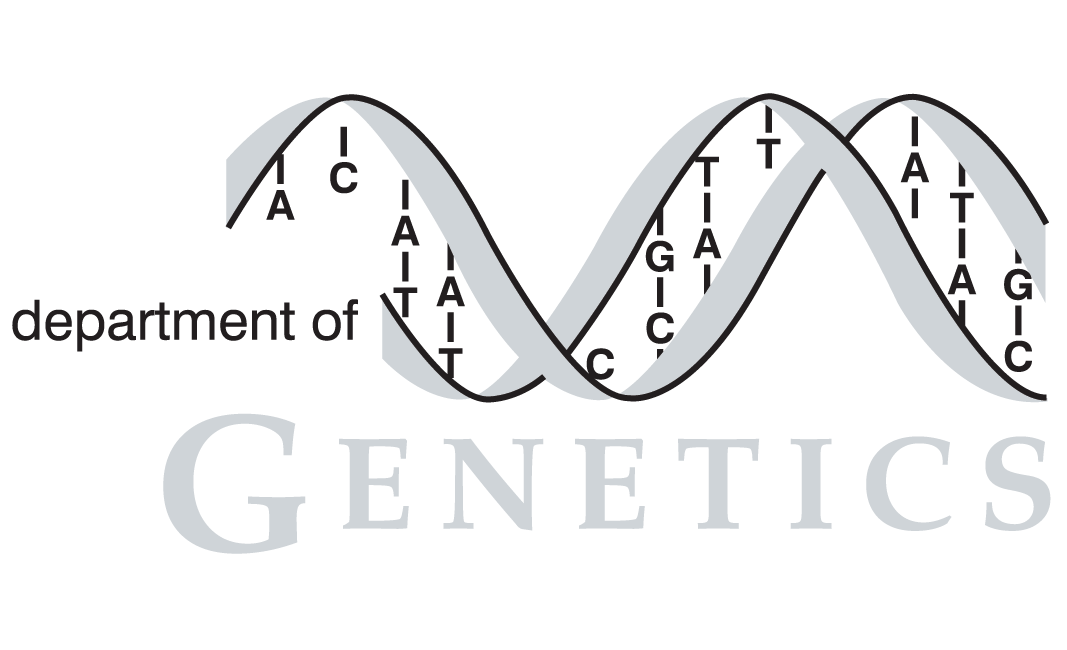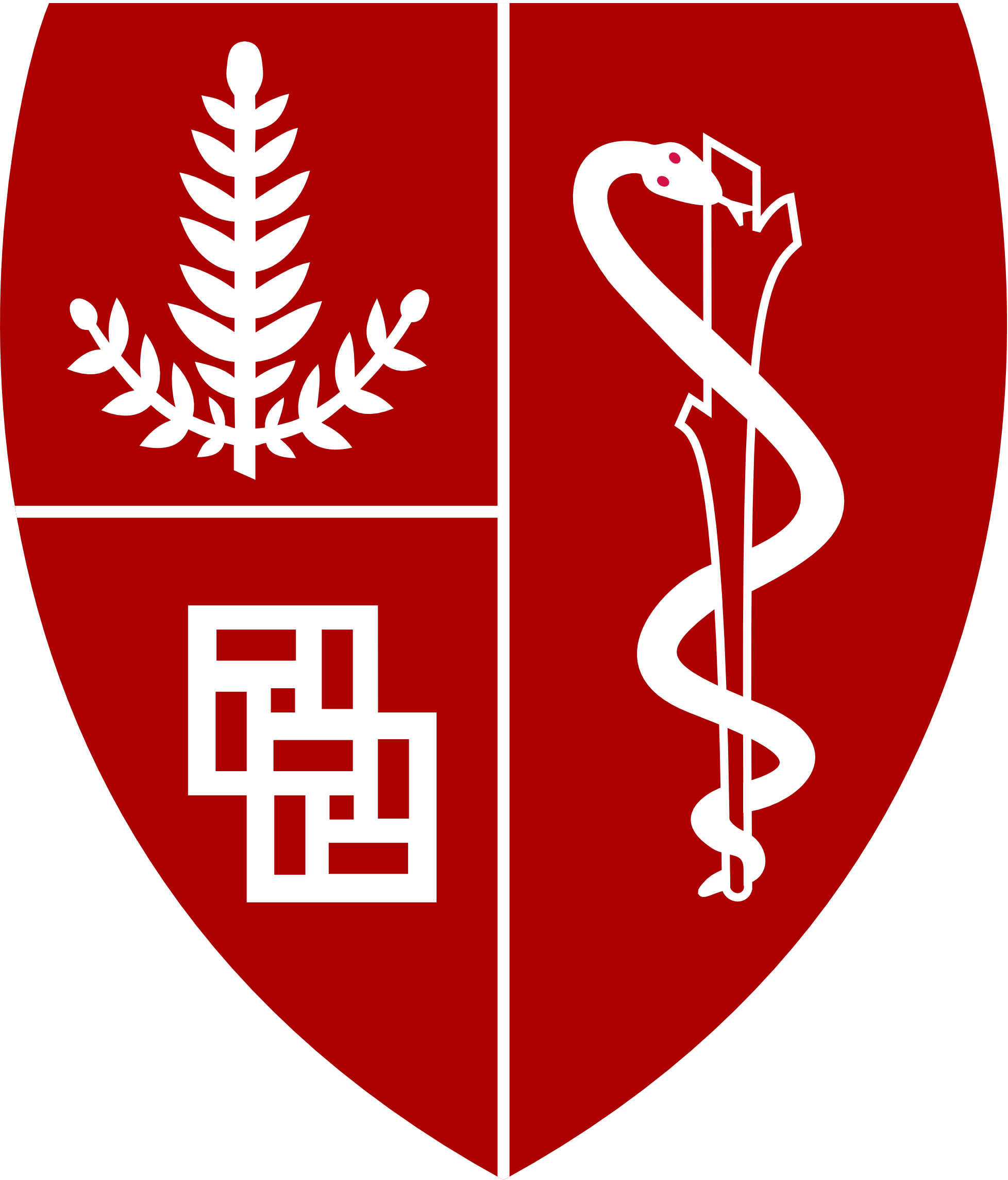| Citation | Sprouse RO, Wells MN, Auble DT. TATA-binding protein variants that bypass the requirement for Mot1 in vivo. The Journal of biological chemistry, 2009. |
| PubMed ID | 19098311 |
| Short Description | TATA-binding protein variants that bypass the requirement for Mot1 in vivo. |
| # of Conditions | 6 |
Full Description

|
Mot1 is an essential TATA-binding protein (TBP)-associated factor and Snf2/Swi2 ATPase that both represses and activates transcription. Biochemical and structural results support a model in which ATP binding and hydrolysis induce a conformational change in Mot1 that drives local translocation along DNA, thus removing TBP. Although this activity explains transcriptional repression, it does not as easily explain Mot1-mediated transcriptional activation, and several different models have been proposed to explain how Mot1 activates transcription. To better understand the function of Mot1 in yeast cells in vivo, particularly with regard to gene activation, TBP mutants were identified that bypass the requirement for Mot1 in vivo. Although TBP has been extensively mutated and analyzed previously, this screen uncovered two novel TBP variants that are unique in their ability to bypass the requirement for Mot1. Surprisingly, in vitro analyses reveal that rather than having acquired an improved biochemical activity, one of the TBPs was defective for interaction with polymerase II preinitiation complex (PIC) components and other regulators of TBP function. The other mutant was defective for DNA binding in vitro yet was still recruited to chromatin in vivo. These results suggest that Mot1-mediated dissociation of TBP (or TBP-containing complexes) from chromatin can explain the Mot1 activation mechanism at some promoters. The results also suggest that PICs can be dynamically unstable and that appropriate PIC instability is critical for the regulation of transcription in vivo. |
Tags
 |
Contact: sgd-helpdesk@lists.stanford.edu


